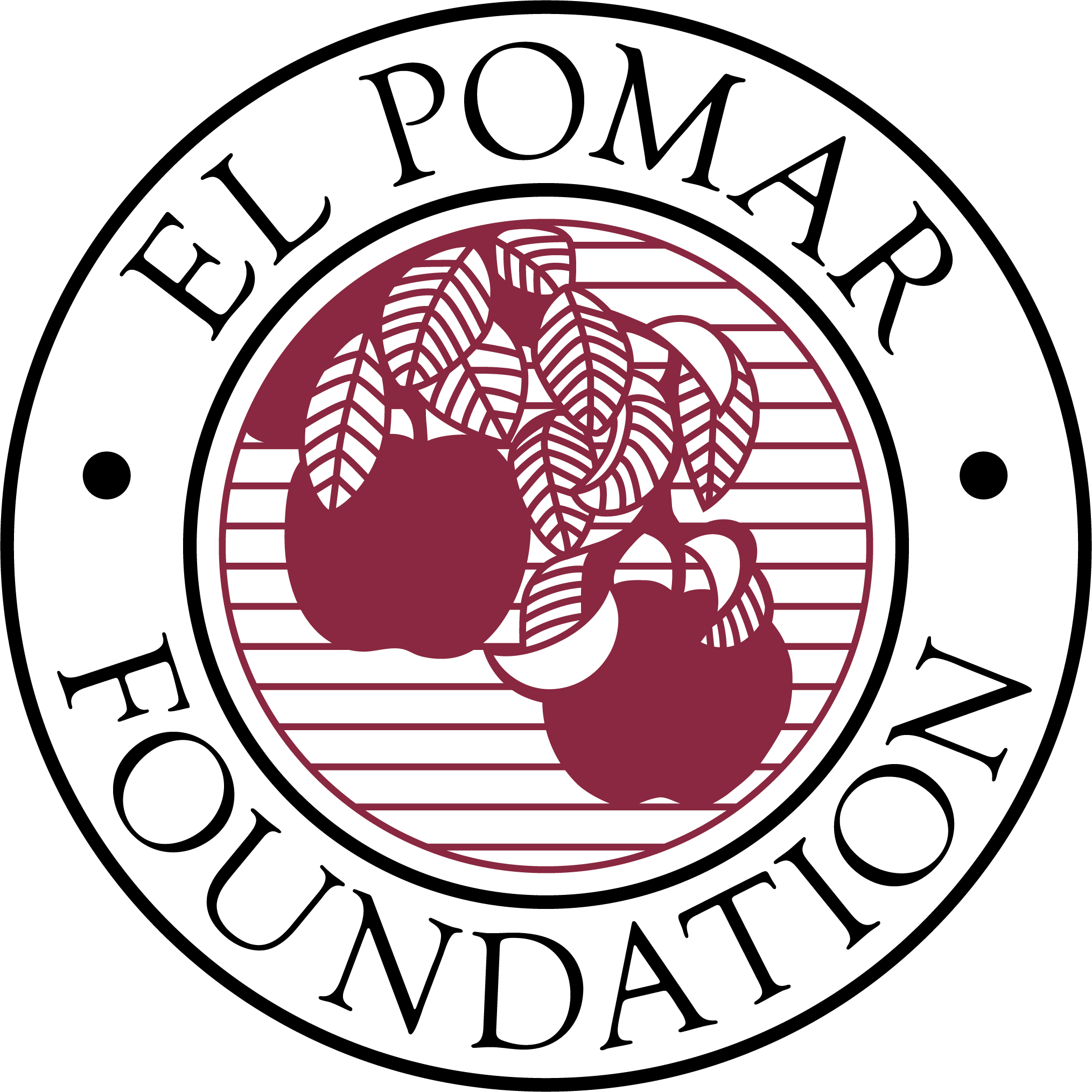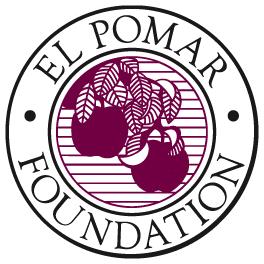Frequently Asked Questions
El Pomar’s Fellowship program is highly competitive and sought after by emerging professionals, and as such, potential applicants often have questions about the program’s structure, requirements, opportunities, and what happens after the Fellowship ends.
Applying to the Fellowship
Applications for Fellows open in October each year. The recruitment process continues over a two-month period after the application closes in early January. The written application includes submitting a letter of intent, resume, transcript, and recommendations from two individuals who know you well. If you move forward in the selection process, you will be invited to an interview. There are several rounds of interviews prior to an in-person Selection Day in February. You will be notified of your status after each round. We look for strong leadership capability and potential, the ability to work as a member of a team, an interest in public service or civic engagement, and a desire to contribute to the well-being of the people of Colorado.
We recommend that you ask someone who knows you well and can speak to both your leadership ability and work ethic. The strongest recommendations generally come from individuals who have a close working relationship with you (e.g. supervisors, coworkers, professors, advisors, etc.). When reviewing applications, the content of a recommendation is far more important to the Recruiting team than the recommender’s title, and we therefore encourage you to ask those who know you best academically or professionally rather than those who hold the most prestigious title. It is not recommended that you solicit recommendations from friends or family members.
Each Fellowship class is a unique mix of outstanding individuals with varying backgrounds, interests, and areas of study. While many Fellows come to El Pomar directly after their undergraduate studies in fields as diverse as political science, biology, creative writing, and business administration, others arrive with graduate degrees or after obtaining other work experience. We seek applicants who demonstrate strong leadership capability and potential, the ability to work as a member of a team, can manage multiple priorities and deadlines, have strong written skills, and an interest in public service or civic engagement—and we recognize that these are qualities that are developed in a variety of settings.
A Colorado commitment refers to applicants who are passionate and knowledgeable about the state and its people and have an intention to serve the communities of Colorado.
We believe it is important to be familiar with what a Fellow really does on a day-to-day basis and with El Pomar’s programs before you’re ready to apply. We offer the opportunity for you to chat with current Fellows about their Fellowship experience. Informational interviews allow you to get a better sense of what it might entail to apply and participate in the program. These informational interviews are not mandatory for the application, and we recommend them as a way to gain deeper insight into what your two years at El Pomar Foundation might look like.
During the Fellowship
The Fellowship begins in mid-July and lasts for approximately 2 years.
The cohort model is an opportunity to work and learn alongside other young professionals with similar interests and to provide and receive peer-to-peer support throughout your entire experience. This model allows Fellows to learn who they are as leaders and how to interact with other leadership styles. In addition, 2nd Year Fellows oversee and mentor 1st Year Fellows as they begin working on each of their programs.
Fellows work in-person at our office in Colorado Springs. We have a hybrid work model, so you can expect to be in office a minimum of three days a week. You have the opportunity to set your schedule, provided you work Monday through Friday and work 40 hours per week. Official business hours are 9am until 4pm.
If you’d like to learn more about living in Colorado Springs, click here.
As a Fellow, you support some of El Pomar’s 14 programs and provide internal administrative support. Each Fellow receives different programmatic assignments, and as a result every Fellow’s experience is different. Each program requires you to use and develop unique skill sets including: event planning, writing and editing, organizational management, research, meeting facilitation and more. To learn more about what to expect as a Fellow, click here.
Each day is different. Mondays are devoted to various professional development classes and activities. The rest of the week is focused on your programmatic and administrative work. This can include activities such as creating and executing project plans, writing and editing reports, monitoring budgets, planning for action items, team meetings and working with staff and Trustees.
The 1st and 2nd years of the Fellowship are structured to allow you to develop into effective leaders. The 1st year emphasizes the role of “followership.” 1st Year Fellows support El Pomar’s programs, and the leadership development curriculum is comprised primarily of classroom-style learning that emphasizes skill development and proficiency in managing your work. Fellows learn the art of delegation, influence, time management, managing up, and public speaking. In the 2nd year the focus turns to acquiring basic supervisory skills, peer mentorship, and building upon the skills and knowledge from your 1st Year. All Fellows have monthly coaching sessions with the Fellowship leaders and in their 2nd Year they begin to practice coaching with the 1st Years. Additionally, in their final four months of the Fellowship, 2nd Year Fellows spend one day a week supporting the work of another organization or business to widen their perspective before departing the Foundation.
In addition to learning on the job, Fellows are eligible for tuition reimbursement and certifications to continue their formal learning and professional skill development. As a Fellow, you will become Project Management Ready, and have an opportunity to be certified in Excel and PowerPoint.
Fellows also participate in a Colorado Outward Bound School River or Mountain course, which provides the opportunity to deepen cohort relationships and challenge yourself to stretch beyond your comfort zone.
Yes, however, the amount of travel can vary considerably by program. You will travel on behalf of the Regional Partnerships program in which you are assigned to work in one or two regions across the state. Regional trips typically take place quarterly and give you the opportunity to attend and facilitate Regional Council meetings and plan site visits to build relationships with grant recipients throughout Colorado. Learn more about what to expect during the Fellowship.
You do not work directly for other nonprofits, as your primary responsibility is to staff and manage El Pomar’s programs. You may have the opportunity to work on various civic initiatives, projects, serve on a board, and attend special events in addition to your program responsibilities and are encouraged to gain additional hands-on experience by serving on local nonprofit boards and supporting local civic projects on a limited basis. In the final few months of the Fellowship, 2nd Years have the opportunity to extern with a local organization or business of their choosing.
After the Fellowship
Because the Fellowship focuses on leadership skills that are equally transferable across sectors, Alumni go on to make an impact in a wide variety of fields. Our Alumni work in the private, public, and nonprofit sectors, and many Fellows capitalize on their two years of growth and work experience by continuing their education in a multitude of fields. Click here to learn more about our Alumni.
We believe it’s important to be familiar with what a Fellow really does on a day-to-day basis and with El Pomar’s programs before you’re ready to apply. We offer the opportunity for you to chat with current Fellows about their Fellowship experience. Informational interviews allow you to get a better sense of what it might entail to apply and participate in the program. These informational interviews are not mandatory for the application, and we recommend them as a way to gain deeper insight into what your two years at El Pomar Foundation might look like.
Info Interviews are now closed for the Fellowship Class of 2024. The Fellowship Class of 2025 application will open in Fall of 2024.
If you have any questions, please contact recruiting@elpomar.org

